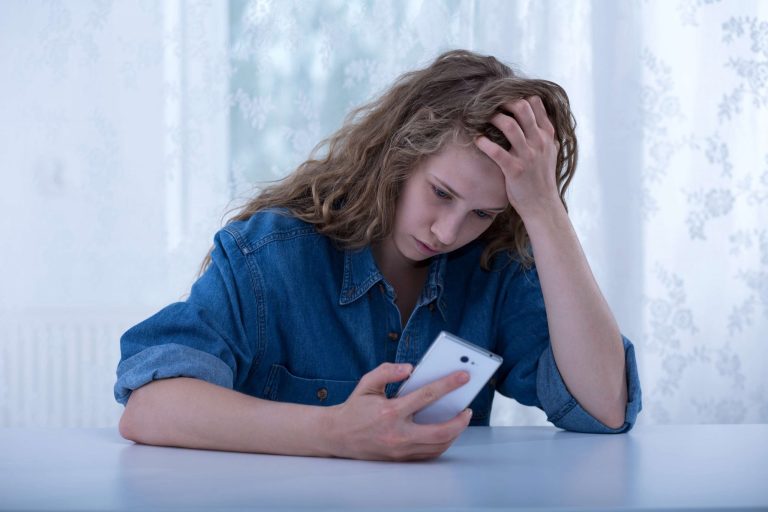Alcohol not only contributes to anxiety but rewires the part of the brain responsible for coping with fear. Because of this, a person will hold on to fear-inducing associations longer and will have a harder time recovering Sober House from trauma. Alcohol is a common form of self-medication for social anxiety, generalised anxiety disorder, and panic disorder. In fact, about 25% of people with panic disorder have a history of alcohol dependence.

How to stop alcohol abuse and manage panic attacks more effectively
- Talk to a healthcare provider if you are concerned about your drinking or that of a loved one.
- Due to the potentially life-threatening medical emergency that delirium tremens poses, it’s recommended that anyone with DTS symptoms seeks medical care promptly.
- A panic attack, after alcohol or otherwise, is an episode of extreme anxiety where emotions are amplified and terrifying.
But panic attacks are hard to manage on your own, and they may get worse without treatment. Although panic attacks themselves aren’t life-threatening, they can be frightening and significantly affect your quality of life. According to the Anxiety and Depression Association of America (ADAA), about 7 percent of Americans have this form of anxiety. At first, drinking can reduce fears and take your mind off of your troubles. It can help you feel less shy, give you a boost in mood, and make you feel generally relaxed.

Can Alcohol Cause Anxiety or Make it Worse?
- Alcoholism leads to a range of biopsychosocial problems, and anxiety can result from alcohol-related disturbances in each of these domains.
- While small amounts of alcohol may activate GABA and cause you to relax, heavier drinking can sap GABA.
In fact, alcohol’s effects can be similar to those of antianxiety medications. When dealing with stressful days or nervous situations, you may be tempted to have a glass of wine or a beer to calm your nerves. However, drinking alcohol, especially heavily and over a long period of time, can actually increase your anxiety. Our flexible treatment options mean that if you’re struggling with alcohol use and panic attacks, you can get access to the support you need in order to get your life back on track. If you’re frequently getting panic attacks after consuming alcohol, it’s important to take a step back and look at your drinking.
Think you have a drinking problem?
The main symptom of a panic attack is an intense feeling of fear or discomfort. For example, you might avoid traveling or social events out of fear you will have another attack. These avoidant behaviors start to negatively impact your job, relationships, hobbies, and overall well-being. In fact, people with alcohol use disorder (AUD) have chronically low levels of this neurotransmitter.
Lifestyle changes and treatment options for alcohol use disorder
The psychiatric, psychological, and neuroscientific disciplines have developed theories to explain the association between alcohol and anxiety disorders. Each discipline has independently contributed to the understanding of how to best describe and treat alcohol use disorder (AUD) in the context of negative affectivity. However, very little cross-communication has occurred among these disciplines. This insularity and particularism continue to impose significant opportunity costs in this field.
Panic attacks and panic disorder
You see, if drinking was really just “all bad,” very few of us would ever get hooked. The tricky thing about alcohol is that it often starts with benefits—perceived benefits, at least. Our health care providers can answer your questions about the effects of alcohol or provide referrals for medical advice. Treatment of alcohol withdrawal will typically begin with a detox program https://fintedex.com/top-5-advantages-of-staying-in-a-sober-living-house/ and transition to an inpatient or outpatient addiction treatment facility. While alcohol and anxiety are closely linked, particularly during the detox process, they may be uncoupled through evidence-based and holistic treatments. By Lindsay CurtisCurtis is a writer with over 20 years of experience focused on mental health, sexual health, cancer care, and spinal health.
Dr. Lin received his medical degree from St. George’s University School of Medicine. He went on to complete his residency in psychiatry at Harvard South Shore, an affiliate of Harvard Medical School, where he served as Chief Resident and earned his 360° Professionalism award. He then had additional training in Addiction Psychiatry through his fellowship at the University of Texas Southwestern Medical Center. After completing training, Dr. Lin has worked as an Addiction Psychiatrist and Director of Adult Services in the Trauma and Resilience Center (TRC) at the University of Texas Health Science Center at Houston (UTHealth). He specialized in treating patients with a history of depression, anxiety, trauma, and substance use disorders.